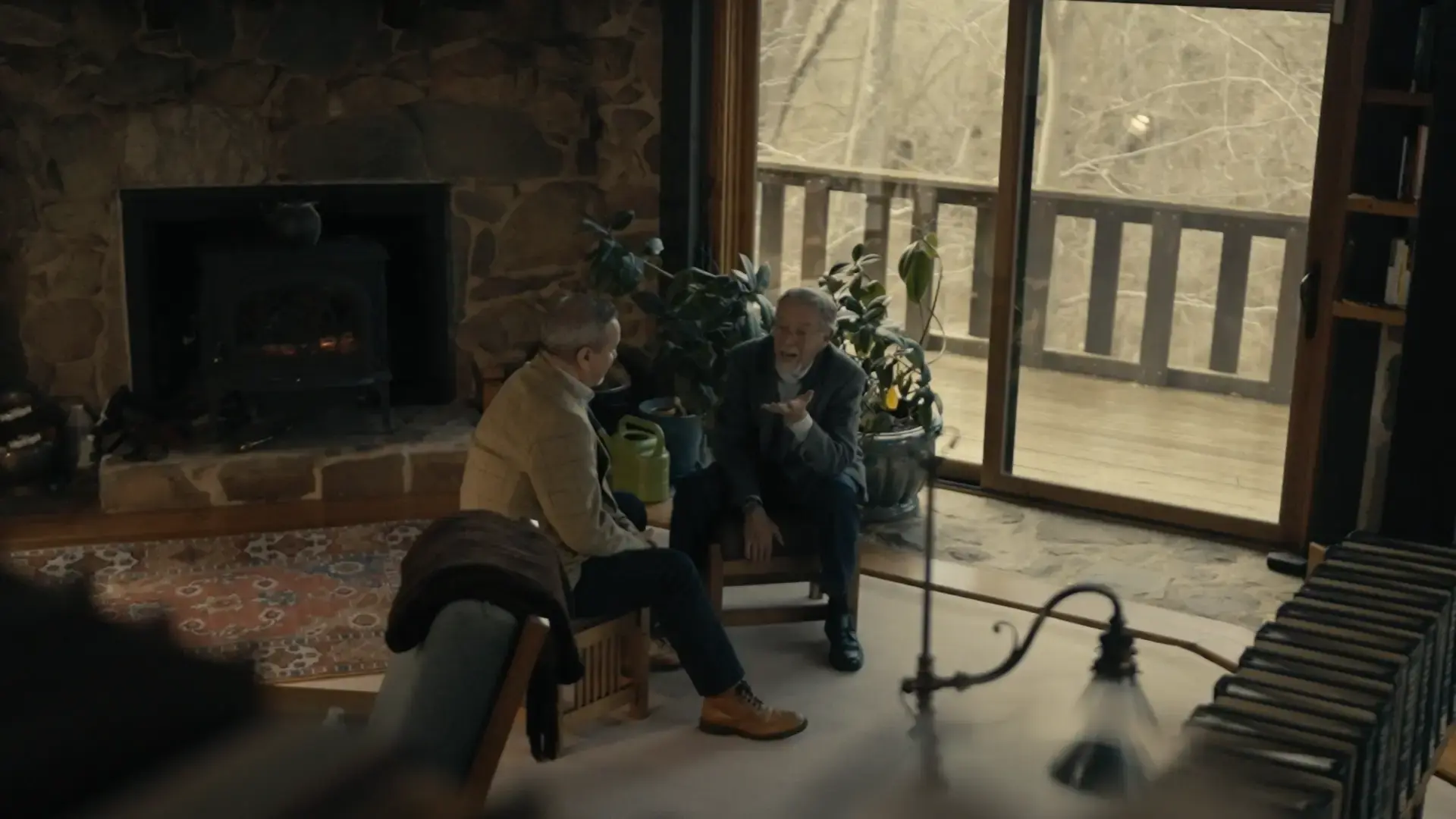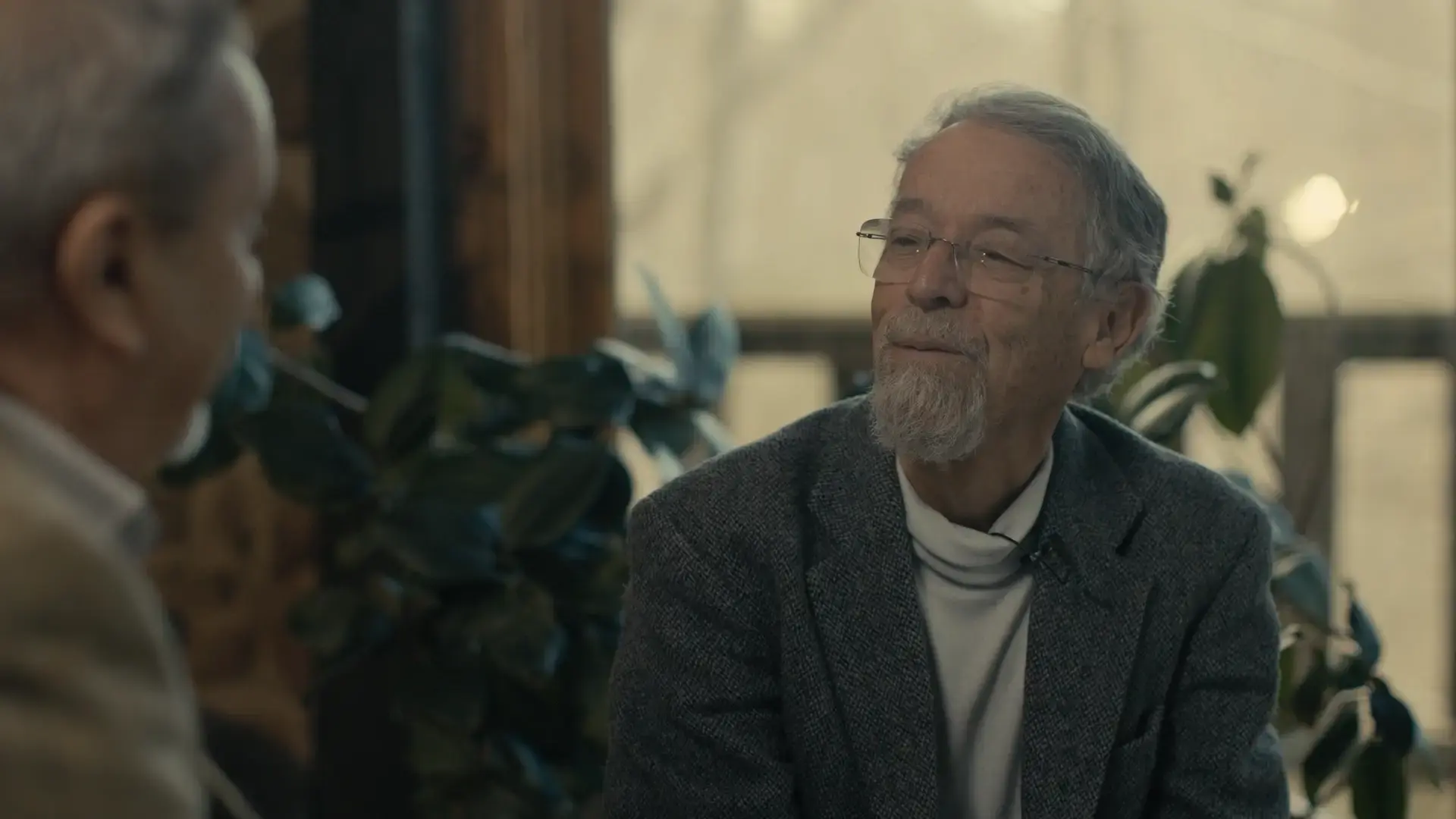Negotiation skills are essential in helping us in both our personal and professional lives. Whether you're haggling over the price of a car or hashing out a business deal, the ability to navigate the complex world of negotiations is a valuable asset.
However, it's not always smooth sailing; negotiations can often be fraught with challenges, including the use of various tactics by the other party.
With people often resorting to underhanded negotiation tactics, why are these approaches lauded, in some circles? Tony Hughes, CEO at Huthwaite International comments:
"I would hate people to think that the best negotiators are people who use dirty negotiation tactics. I think sometimes if people are using some method of negotiation which you can't understand and can't cope with, you might consider them, wrongly, to be dirty tricks.
“But there are other tactics which are definitely downright dirty tricks and really shouldn't be used in negotiations where it's important that both sides get a good deal."
In this article, we’ll explain how to overcome challenging negotiations tactics, with expertise from in-house experts at Huthwaite International.
Elevate your negotiation skills with the Mastering Sales and Negotiations podcast. Uncover invaluable insights and gain practical tips to enhance your approach. Tune in now.
Tactics for dealing with challenging negotiation tactics
Express your feelings
One effective strategy for navigating tricky negotiation tactics is to make your feelings known. If something doesn't sit right with you or if you're surprised by a tactic, don't hesitate to voice your emotions.
Saying phrases like "I'm surprised" or "I'm confused" can help clarify the other party's intentions and encourage more transparent communication, with Jo Derriman, Senior Client Director at Huthwaite International highlighting the importance of considering the wider picture, gathering your thoughts, and then making a decision.
“I think the first thing is to reflect on how the negotiation has progressed and remind yourself of the things you've achieved.
“Specify the common ground that you've got, and maybe any of the agreements or the trades you've already established, and see whether or not it's genuine.
“If you feel you need more time to consider something, you can always call for a timeout, a brief stop during that negotiation where you can collect thoughts and think whether you can commit now, or whether the proposal warrants its own airspace and separate meeting.”
Seek clarity
Throughout the negotiation process, seek clarity on the other party's intentions. Use summaries, accurate communication, and information-seeking questions to ensure both sides understand each other's perspectives and objectives.
This can help distinguish between legitimate negotiation strategies and dirty tricks, as highlighted by Tony:
“There are certain behaviours that we can use to help counter particular negotiation tactics, which help to clarify the position of you and the opposition.
“Use accurate summaries, don’t allow anyone to slip something else in, and test understanding to make sure that both parties understand the same things by seeking information from somebody.
“Those types of behaviours allow you to get clarity and establish whether the other party is using one of the many negotiation tricks, or whether they’re being genuine.
“So, if somebody is saying ‘I'm under time pressure’, maybe go back to them and say, “Well, is this negotiation important to you?”, in which case, suggest they take some time out to make sure you get a proper deal, not just a fast deal.”
How to overcome common negotiation tactics
"One more thing"
One frequently encountered tactic is the "one more thing" approach. This involves introducing additional items into the negotiation, often derailing the discussion and shifting the power balance.
To effectively respond to this tactic, it's imperative to set a clear agenda, a stance supported by Jo:
"When you have negotiations, and people genuinely want to get a good deal, they might think that adding just one more extra item to the discussion is valid. It means that we're really focusing on all the topics.
“However, if you've set an agenda, and you've identified what topics you're going to discuss during that negotiation, and someone just says, ‘there’s one more thing I'd like to add on’, it takes the discussion away and the power balance changes slightly.
“So, if you plan ahead for where you want that discussion to go, this will give you a little bit more control during the negotiation process."
"I haven't got the authority"
To counter claims from the opposing party that they “don’t have the authority”, consider asking upfront if everyone at the negotiation table has the authority to make decisions.
If not, determine when and how decisions will be reached and by whom. This clarity can prevent unnecessary delays and ensure a smoother negotiation process.
Tony points out, "’When people say, “I haven't got the authority”, it's essential to stop it in its tracks early.
"Because we don't want to upset the relationship, there’s a risk that we may let it slide and let it happen. This is perilous, because if they get away with it once, then they may continue to use and apply similar tactics."
The good cop, bad cop routine
The “good cop, bad cop” routine is one of the most well-known negotiation tactics in the book. Shaun James, Head of Learning and Skills at Huthwaite International, gave his perspective on how to overcome it.
“We've all seen the good cop bad cop routine in American crime shows. But that can happen in negotiation as well. And again, the question is, like other negotiation tactics, is it being used deliberately, or sub-consciously?
“I think, if it’s deliberate, why did they do that? I think it creates a bit of confusion, and it disturbs the other party. I think the intention is to get a good deal from doing it. But I guess we're not that concerned with the cause of it, but it's the effect of it. And so what is that effect?
“Whilst it can be quite jarring, it's important to recognise what's happening. There are simple things that you can do to deal with an uncomfortable situation, and you can express your feelings to the other party. If all else fails, focus your attention to the good cop.”
Explore the art of negotiation with the Mastering Sales and Negotiations podcast. Drive outcomes that meet your organisation's with actionable tips from industry experts. Tune in now.
Pressure tactics
Oftentimes, pressure tactics are used to try and gain the upperhand in negotiations, including time constraints, sunk cost arguments, and leveraging external circumstances to force quick decisions.
These negotiation tricks can be intimidating, but it's crucial to remain composed and objective. If necessary, take a timeout to gather your thoughts and assess the situation objectively.
Shaun provided his views on the importance of preparation and contingency plans when attempting to apply pressure in negotiations.
"If you don't have in your preparation a strong fallback, in other words, a plan B, if you've got nowhere else to go, then those tactics might just work against you."
Key takeaway: Don't underestimate negotiation tactics
Negotiation is both an art and a science that requires skill, preparation, and adaptability. Recognising the lengths to which people will go to get their own way is essential to maintaining control and achieving mutually beneficial outcomes.
By setting clear agendas, seeking clarity, and addressing tactics directly, you can navigate negotiations with confidence and integrity. Remember, the ultimate goal is to reach a win-win solution where both parties leave the table satisfied with the agreement.
Whether you're negotiating a business deal or a personal purchase, mastering these strategies can be your ticket to negotiation success.
As Jo aptly sums it up, "It's about having the confidence to be able to ask about it. And that confidence comes from the amount of preparation and planning and thinking."
So, arm yourself with knowledge, prepare diligently, and step into your next negotiation with confidence and poise.









